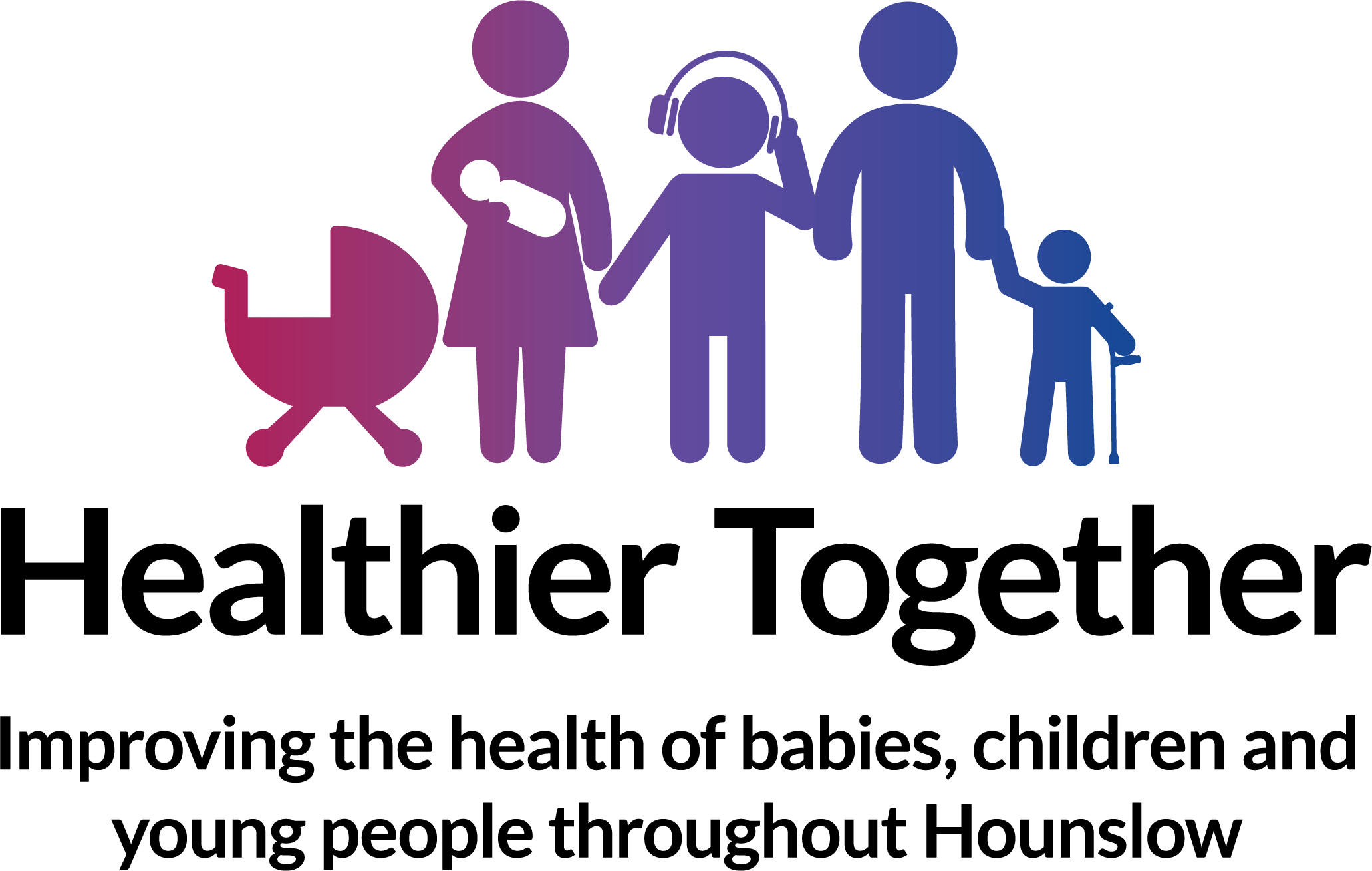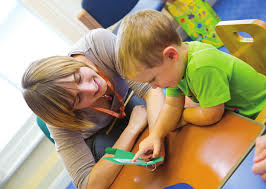Talk with your child, naming and talking about everything and anything. From counting out loud, the steps as you walk down the stairs, to telling them what piece of clothing you are folding when you are doing the laundry. Even if you think your child doesn't understand, talking about what is happening in your daily lives will increase the number of words your child hears. Repetition does help.
Remember to keep your words and sentences short and simple. Try not to bombard them. Take turns to talk. Make sure that you leave some 'gaps' in your talking so that your child has a chance to answer you.
Build your child's communication skills by:
- Noting and commenting on their interest e.g. 'Look a dog. Dog is running. Dog is happy. Bye bye, Dog.'
- Giving them time to respond back to you e.g. pause whilst looking them in the eye
- Avoid asking them questions. Instead, say words that they might say. For example, 'oh, you're hungry. You want some food. You want a cracker?'
- Actively listening to what they have to say
- Model the correct answer, whilst ignoring what was wrong e.g. if they say whilst looking at a lorry 'Look, bus', you would respond "Yes it is a lorry"
- Build on what they have said e.g. "Look it's a red bus. I see a red coat. I see a red post box. What can you see?
- Sing to them. Children love the predictability of simple, repetitive songs especially those with actions.
- Start reading to them at an early age. Link the words to the pictures in the book and also in your own lives. As they get older, pointing to the words as you say them helps them understand the link between written and spoken words to develop their skills in literacy.
See below a selection of videos from Wellcom on how to support your child’s general communication development and the very simple strategies you can use including:
- Repetition
- Using choices
- Using questions
- Simplifying instructions
- Giving clues
With the Credit for WellComm:
Watch these videos with Ideas for encouraging language development and supporting language at home :
How to encourage language development in 1 Year old children
How to encourage language development in 2-Year-old children
How to encourage language development in 3-Year-old children
Useful Resources:
High 5 Video 2022 - Hounslow SALT
Tiny Happy People - All about baby's development
Supporting children's early communication skills - Speech and Language UK: Changing young lives
Tiny Happy People - Tips and advice for children's speech and language
See also Speech and language therapy (children) :: West London NHS Trust
(Look under: Advice > Early Communication section.
Words for Life | National Literacy Trust | Words for Life
Helping toddlers talk in full sentences - BBC Tiny Happy People
Tiny Happy People - Activities - activity ideas according to age groups
Hounslow Baby Development Guide




